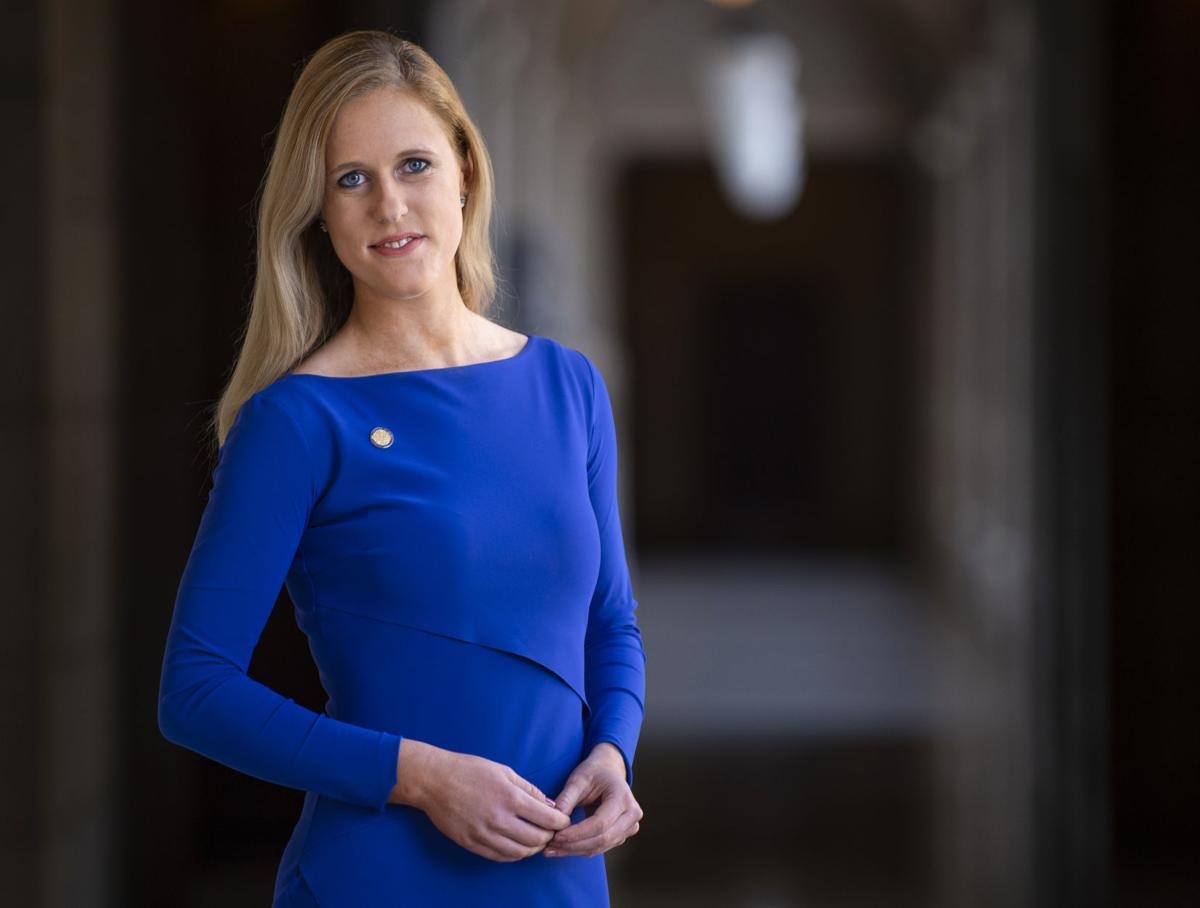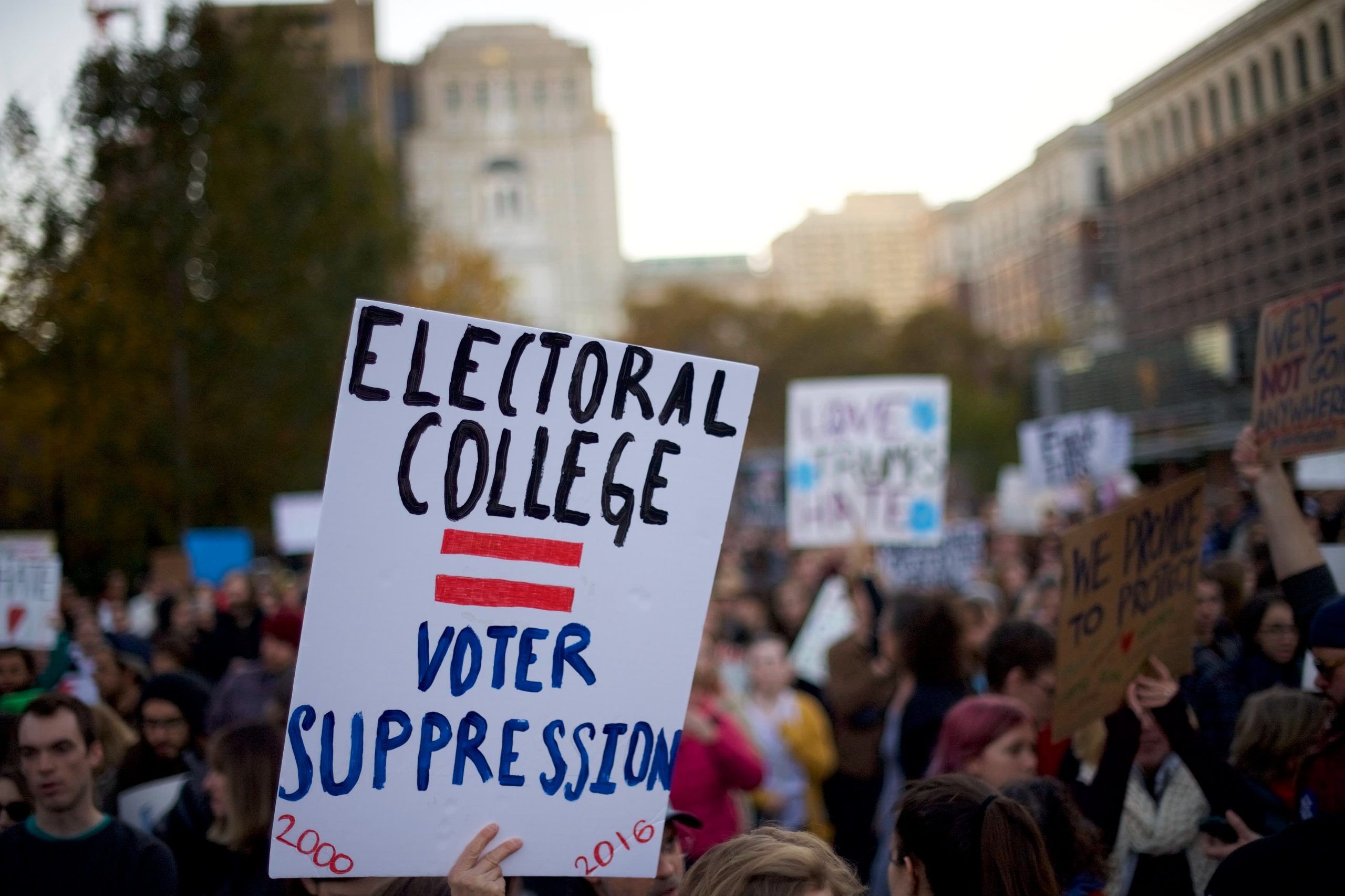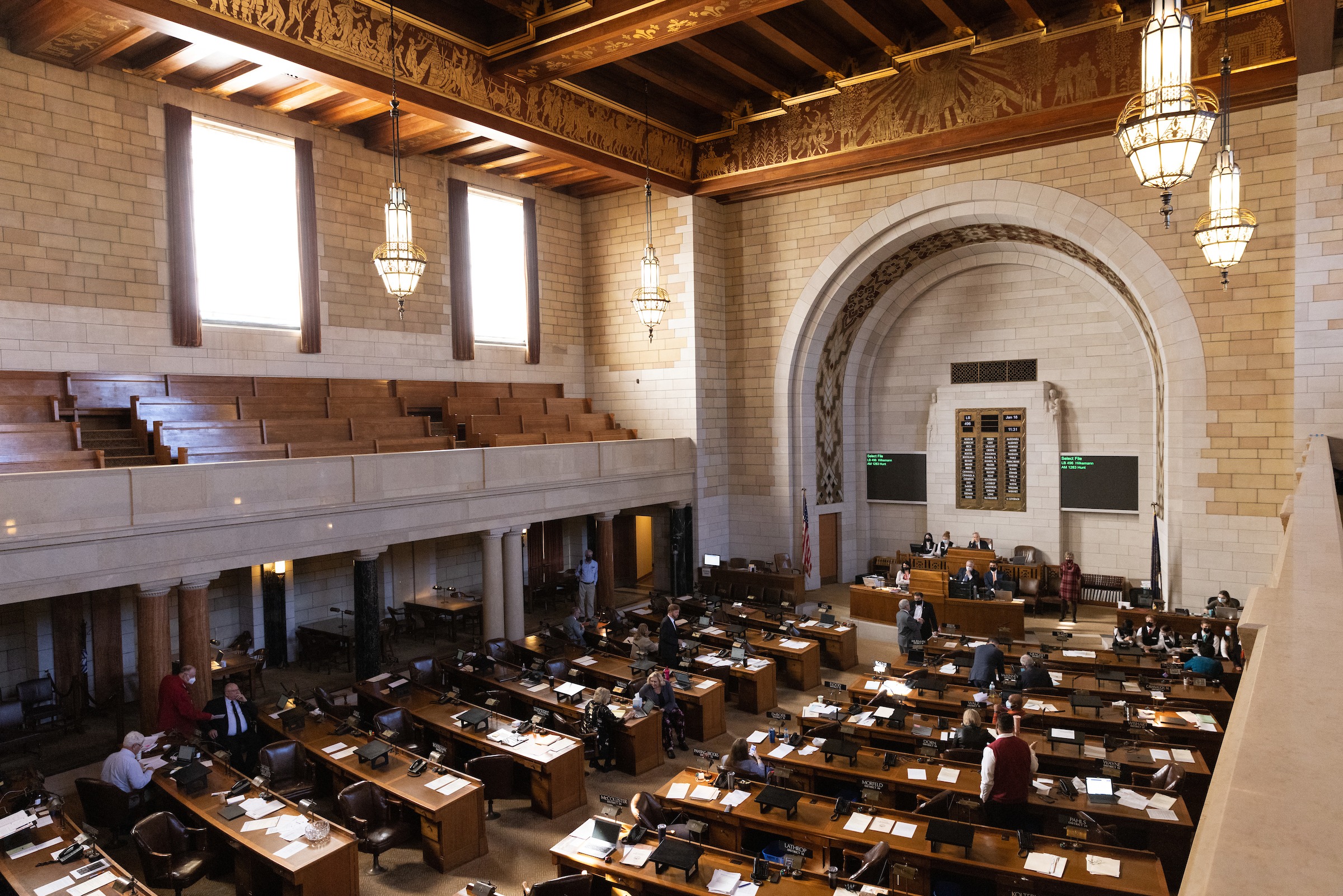A legislative effort to change Nebraska’s method of allocating its Electoral College votes to a “winner-take-all” system failed, keeping the state’s unique electoral approach intact.
The initiative, proposed by State Senator Julie Slama, sought to unify Nebraska’s five electoral votes behind a single presidential candidate but could not secure sufficient support during the final days of a packed legislative session.
The move sparked intense debate, with proponents arguing for alignment with most states that use a winner-take-all system and opponents defending Nebraska’s current model as a fair representation of its diverse electorate.

State Senator Julie Slama (Credits: Lincoln Journal Star)
Nebraska, along with Maine, stands out for not following the winner-take-all rule, instead allowing the possibility for electoral votes to be split based on congressional district outcomes.
Critics of the proposed change include Civic Nebraska, an organization committed to ensuring the integrity of the legislative process. They argue that the push for a winner-take-all system circumvents necessary debate and could lead to unintended consequences.
Despite the initiative’s failure, the discussion highlights the political dynamics at play in Nebraska, especially with the upcoming presidential election. The state’s current system has allowed for split electoral votes in recent elections, drawing national attention and sparking discussions on the effectiveness and fairness of the Electoral College.

Electoral College (Credits: CNBC)
Governor Jim Pillen’s vocal support for the change reflects the political motivations behind the effort, aiming to solidify support for Republican candidates in future elections.
However, the diverse views within Nebraska on this issue demonstrate the complexities of electoral politics and the challenges of altering long-standing electoral processes.
As the debate continues, the focus remains on ensuring that all voices in Nebraska are heard and represented in the presidential election process, reflecting the state’s unique political landscape.























